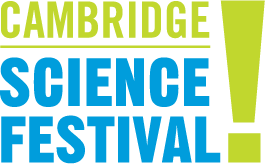2018 Web of Life
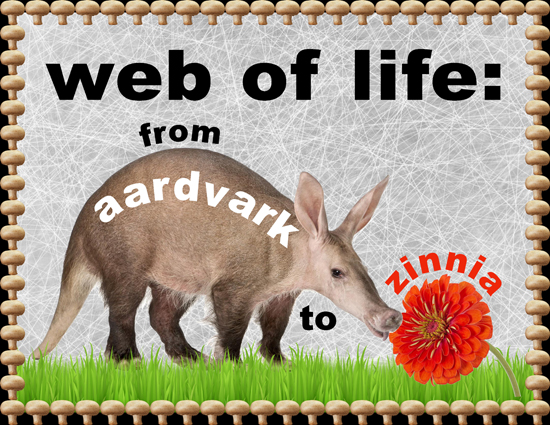
Directed by Laura Backley
THREE FREE PERFORMANCES
during the two weekends of the Cambridge Science Festival
| Sunday April 15, 2018 at 5:30pm at the Museum of Science, Boston | |
| Saturday April 21, 2018 at 3:00pm at the Cambridge Main Library, 449 Broadway, Cambridge | |
| Sunday April 22, 2018 at 3:00pm at the Peabody School, 70 Rindge Ave., Cambridge |
Web of Life is a collection of 17 entertaining and inspiring songs about biodiversity. Written by seven contemporary composers, including Andrea Gaudette, David Haines, Bruce Lazarus, Lauren Mayer, Jill Pelavin, Molly Ruggles, and Graham Treacher, Web of Life was performed by the NCFO Science Festival Chorus as part of the twelfth annual Cambridge Science Festival, April 13-22, 2018. The performances also included a medley of songs composed by Cambridge Public School students under the direction of David Haines, as part of David's CPS Songwriting Workshops, and a mini-opera composed by local kids with guidance from Boston Lyric Opera. The entire program was accompanied by a slideshow of song lyrics and children's artwork.
The 2018 NCFO Science Festival Chorus comprises more than 50 adults and children (ages 6 and up) from Cambridge and surrounding communities.
A complete set of lyrics from Web of Life is available HERE.
You may peruse/download the program booklet from Web of Life HERE.
See below for recordings of the music from Web of Life and information about the composers and lyricists who wrote it.
 |
Andrea Gaudette has been playing music professionally since |
Web of Life features two songs by Andrea Gaudette, plus a mini-opera written in collaboration with local children:
- Water Bear (world premiere) – Tardigrades can withstand conditions that would terminally freeze, roast, crush, suffocate, dehydrate, irradiate and starve any other animal.
[ performance audio / performance with slide show / demo]
- Pond Song – A small change to the ecosystem makes a very large change to the chemistry and biology of natural waters. This song was inspired by a pond near Andrea Gaudette’s house in Maine that was invaded by a non-native species.
[ performance audio / performance with slide show / demo]
- A Rainforest Opera (world premiere) – Our rainforests are under assault from human development, with devastating consequences for the econsystems they contain. This drama set in a rainforest was written and performed by kids with guidance from Andrea Gaudette and Lydia Jane Graeff of the Boston Lyric Opera.
[ performance audio ]
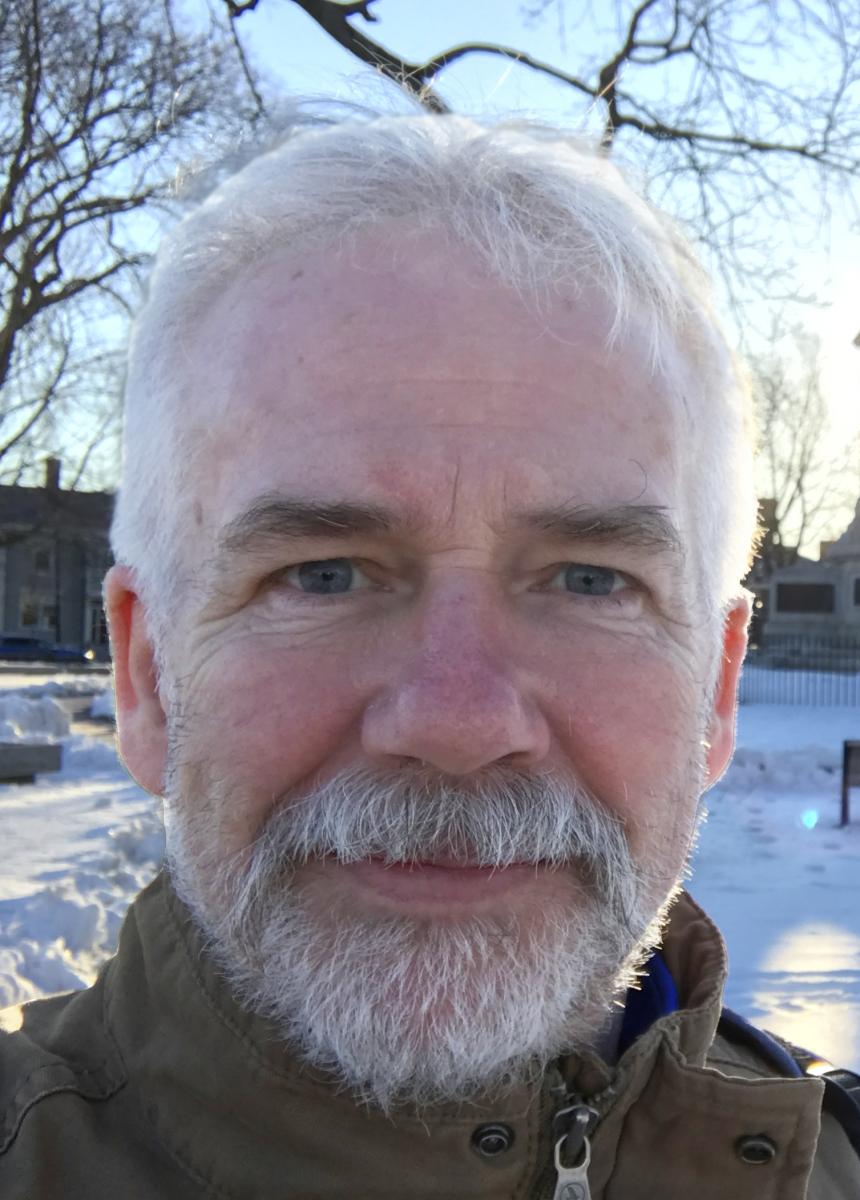 |
Trained at Bristol University, London's Guildhall School, and Banff School of Fine Arts, |
Web of Life features nine songs by David Haines, plus a collection of songs written by David in collaboration with young children during his songwriting workshops in the Cambridge Public Schools:
- Bacteria – Bacteria were probably the earliest widespread life form on Earth and are found almost everywhere. Their incredible resilience and evolutionary adaptability will ensure their survival until the day Earth is swallowed up by the swollen Sun in a few billion years time.
[ performance audio / performance with slide show / demo ] - Extremophiles – Archaebacteria, the oldest kingdom of life, contain no discrete intracellular organelles, such as nuclei or mitochondria. They withstand extremes of temperature, pH, salinity, pressure and lack of oxygen that most other life cannot.
[ performance audio / performance with slide show / DH sings the melody ]
- Flying Creatures – The ability to fly and glide has evolved independently in many different animal groups: reptiles, amphibians, mammals, birds, insects, and more. A wonderful example of the plethora of solutions invented by the blind hand of evolution.
[ performance audio / performance with slide show / demo ] - Four Billion Years – Just as new and more diverse species constantly arise, they are constantly lost to extinction as well. Through habitat destruction, climate change and direct action, humanity has accelerated extinction to a rate almost never seen in Earth's four billion year history. Solo by Laura Backley.
[ performance audio / performance with slide show / demo ]
- Fungi – Mushrooms, yeasts and molds form one of the great divisions of life known as the Kingdoms. It’s easy to forget how much the fungi affect our everyday lives and how vital they are to the continuation of Life on Earth. Solos by Rosemary Lindsay, Jill Pelavin and Andromeda Yelton.
[ performance audio / performance with slide show ] - Intelligent Slime Mold (world premiere) – Hampshire College is proud to announce the founding of the world's only academic program for non-human species. The first scholars-in-residence, plasmodial slime molds known as Physarum polycephalum, arrived from Carolina Biological Supply last month, and have moved into a dedicated office in the Cole Science Center.
[ performance audio / performance with slide show ]
- Lake – An ode to cichlid speciation in the great African lakes. There are hundreds of closely-related species of fish in each lake because various populations diverged genetically in the separate lakes formed during prolonged drought. When the water level rose again, these new species intermingled in the single larger lake, but could no longer interbreed.
[ performance audio / performance with slide show / demo ]
- Mutate! – New species arise when the ordinarily reliable process of reproduction goes awry.
[ performance audio / performance with slide show / demo ]
- Taxonomy – No one knows the number of species of life living on Earth, but we have identified millions, and there are likely tens of millions more we haven’t found. Scientists organized this mass of information into a taxonomic classification system: Kingdom, Phylum, Class, Order, Family, Genus, Species. They keep adding subdivisions, but this is all we'll sing about.
[ performance audio / performance with slide show / 2007 performance ]
- Songs written with young school children (world premiere) – Every year David Haines works with about 50 classrooms in the Cambridge schools, guiding the students as they write a song about some aspect of their science curriculum. These are some songs that touch on biodiversity:
- Persnickety Zoo [demo] – Most creatures have adapted to feed on specific members of their ecosystem.
- Dandy's Song [demo] – You can find plants growing in the strangest places!
- Gardener and Worm [demo] – Best of friends!
- Amazon Layers [demo] – More than half the terrestrial species on Earth are believed to live in rainforests.
[ performance audio / performance with slide show ]
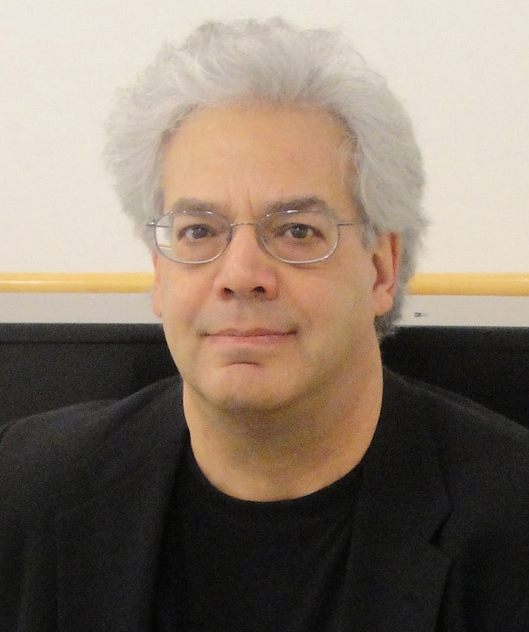 |
Composer Bruce Lazarus's music includes pieces for piano, solo voice, |
Web of Life features one song by Bruce Lazarus:
- LUCA (world premiere) – Life on Earth may have begun several times, and it has evolved down numerous dead-end paths. But every species alive today is ultimately descended from a single species that lived 3.5 to 3.7 billion years ago: the last universal common ancestor.
[ performance audio / performance with slide show / demo ]
 |
Lauren Mayer is a California-based, award-winning writer and |
Web of Life features two songs by Lauren Mayer:
- All About Plants (world premiere) – The kingdom plantae include all multicellular, eukaryotic, non-mobile organisms that photosynthsize. There are hundreds of thousands of known plant species, ranging from cool to really cool.
[ performance audio / performance with slide show / demo ]
- Bio, Biodiversity (world premiere) – Diversity is measured by how much variation is found within a species, how many species are found within a habitat, and how many types of ecosystems there are.
[ performance audio / performance with slide show / demo ]
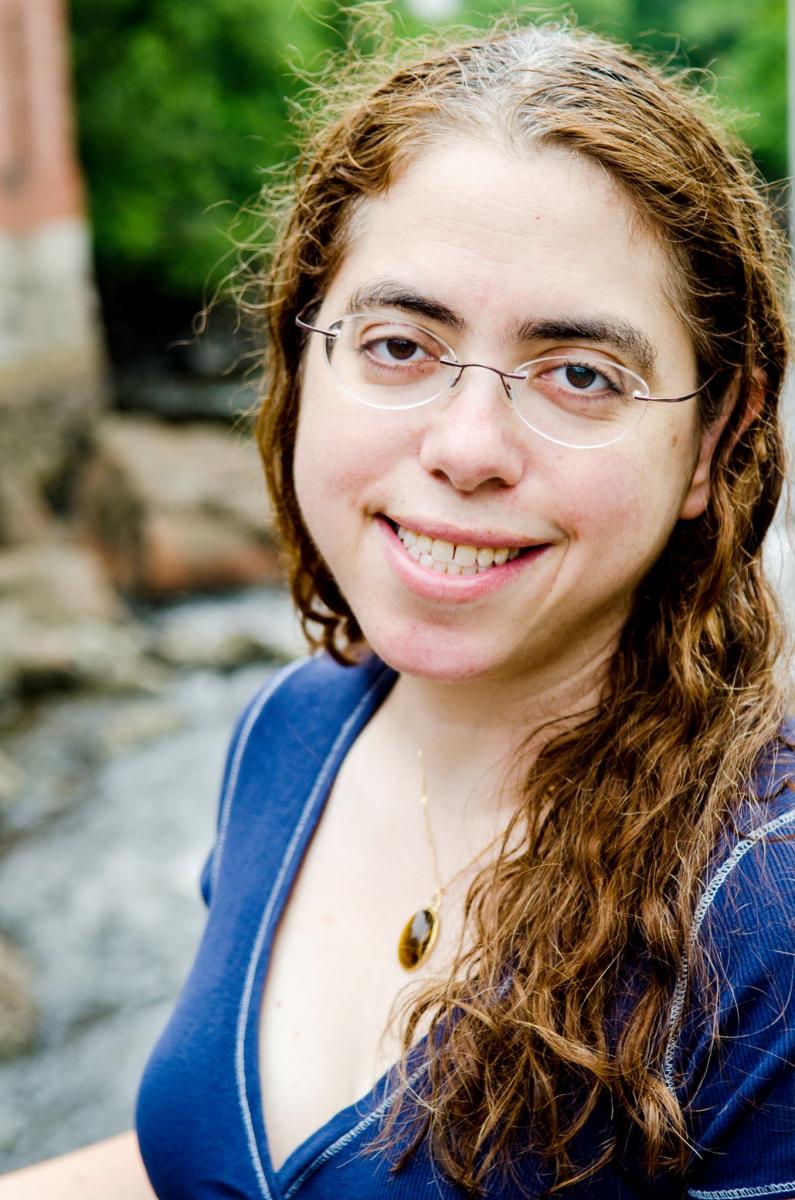 |
Jill Pelavin has been in four operas with NCFO, and |
Web of Life features one song by Jill Pelavin:
- Coral Chorale (world premiere) – Coral reefs contain an astounding number of species, perhaps numbering in the millions. They are to marine biodiversity as rainforests are to terrestrial biodiversity.
[ performance audio / performance with slide show / demo ]
 |
A native of Massachusetts, Molly Ruggles has played |
Web of Life features one song by Molly Ruggles:
- E. O. Wilson (world premiere) – Edward O. Wilson has been called "the father of biodiversity." His theory of island biogeography explains why larger habitats have greater biodiversity.
[ performance audio / performance with slide show / demo ]
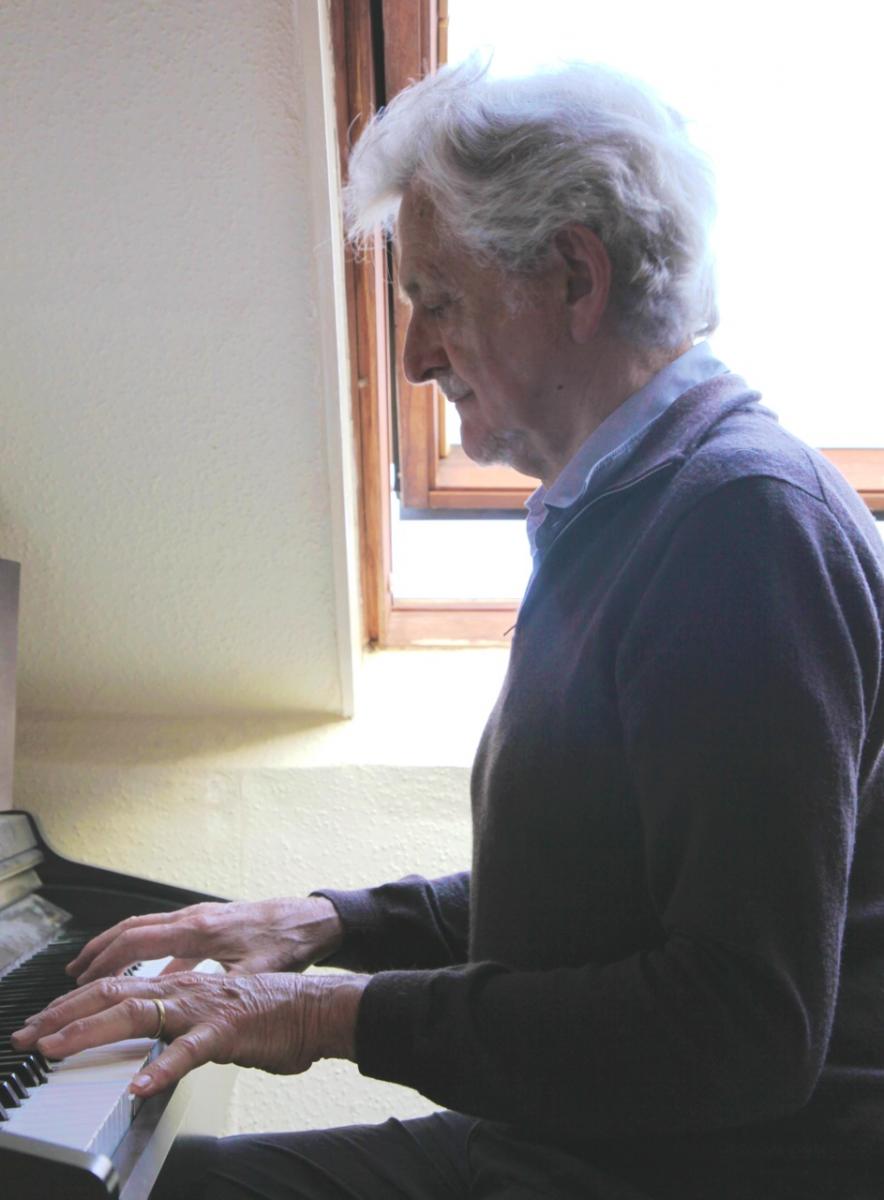 |
Graham Treacher is a composer and conductor living in London. |
Web of Life features one song by Graham Treacher:
- The Song of the Octopus – Octopus and squid eyes look remarkably like our own, but they evolved completely differently. Our eyes grew from brain tissue, while cephalopod eyes developed from light-sensitive patches on the skin, a classic example of convergent evolution.
[ performance audio / performance with slide show / demo]
»




